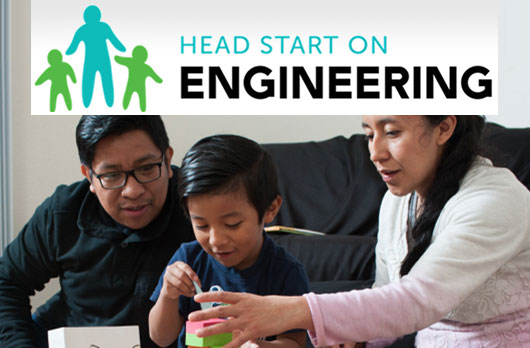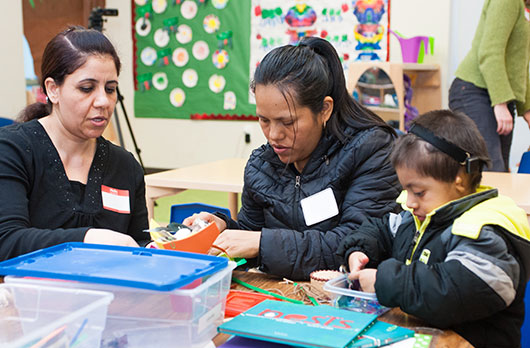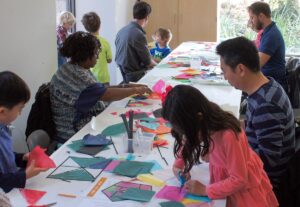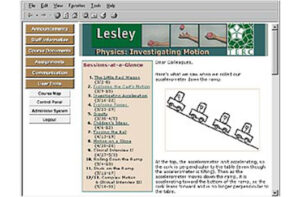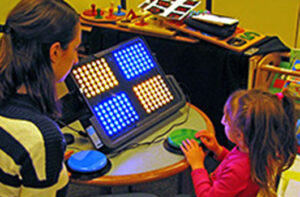Family values, parent roles, and life challenges: Parent reflections on the factors shaping long-term interest development for young children and their families participating in an early childhood engineering program
Scott Pattison, Smirla Ramos Montañez, Gina Svarovsky
Science Education. Volume 106, Issue 5. September 2022.
Abstract
Interest is a critical motivating factor shaping how children and youth engage with science, technology, engineering, and mathematics (STEM) inside and outside of school and to what extent they continue to be STEM learners throughout their lives. Emerging evidence over the last several decades indicates that the foundation of STEM-related interests develops in early childhood, even before children enter the formal education system. Although researchers have documented the emergence of these early interests and their implications for long-term learning outcomes, there is still much that is not understood about how and why these interests develop, including the role of parents and caregivers in supporting interest development at this age. To explore the processes of early STEM-related interest development, we recruited 18 low-income Spanish- and English-speaking parents who had completed an informal engineering education program for preschool-age children and their families 1–2 years previously. Participants engaged in an in-depth home-based interview about their program experience and the subsequent impacts on their children’s and families’ interests. Using a family systems perspective, we analyzed the ways these families described how their interests related to the program had evolved over the years and the factors that had shaped that process. Findings highlight the diversity of interests that emerge from this type of experience and the ways that family values, parent roles, and life challenges shape the unique interest development patterns of each family.

Related People:
Scott Pattison and Smirla Ramos Montañez

